
Enough fresh water is lost from continents each year to meet the needs of 280 million people
"We always think that the water issue is a local issue," lead author Fan Zhang, global lead for Water, Economy and Climate Change at the World Bank, told Live Science in a joint interview with co-author Jay Famiglietti, a satellite hydrologist and professor of sustainability at Arizona State University. "But what we show in the report is that ... local water problems could quickly ripple through national borders and become an international challenge."
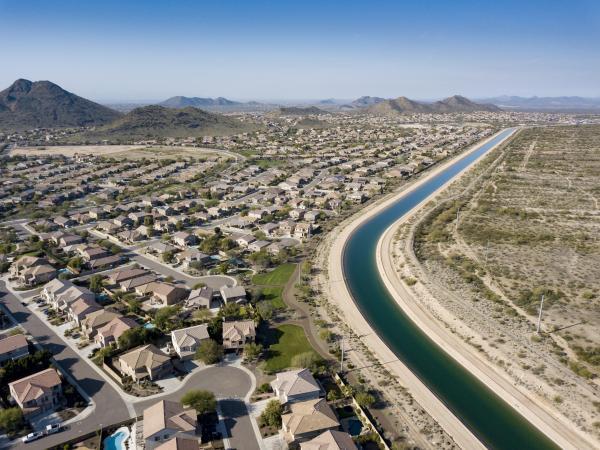
What’s at stake for Arizona as Colorado River water negotiations drag on
“The hard thing right now is the great uncertainty,” said Sarah Porter, the ASU Kyl Center for Water Policy director.
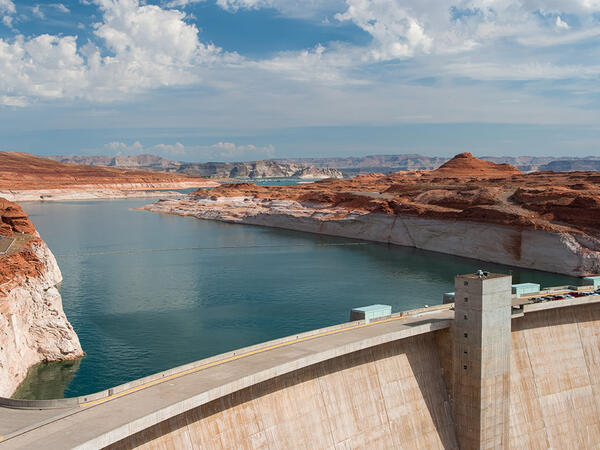
Colorado River Continues to Bring Unlikely Parties Together at CRWUA
With time running short, many worry that public participation in the EIS process – vital to informed decision-making – will be greatly reduced.
Still, as Rhett Larson of Arizona State University said on the first day of the conference, “Desert rivers bring people together.”
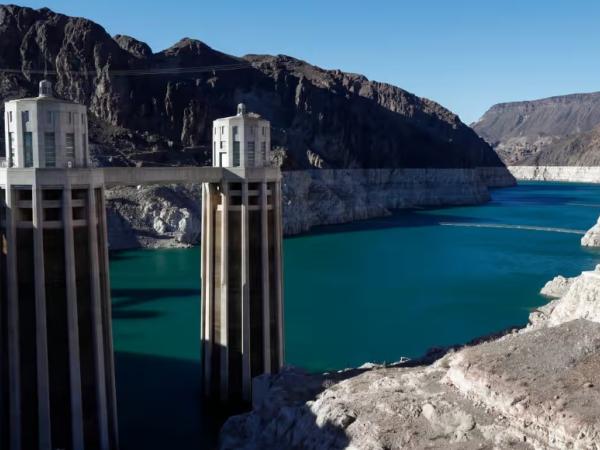
Stalemate deepens as Colorado River states face water crisis
Away from the panel discussions, Andy Mueller, general manager of the Colorado River District, a rural Colorado water district that mainly serves farmers, put it a little more bluntly still: “They say we have to engage in mandatory water cuts so that Arizona’s God-given right to growth can occur.
But Sarah Porter, director of Arizona State University’s Kyl Center for Water Policy, said Mueller’s point was 10 years out of date. Since 2015, the Colorado River has no longer supported much of Arizona’s growth.

A River That Millions Rely on for Water Is on the Brink. A Deal to Save It Isn’t.
Cynthia Campbell, the director of policy innovation for the Arizona Water Innovation Institute at Arizona State University, said she expects one of two outcomes in the next 18 months, and perhaps both: the system will collapse or there will be litigation.
The public, she said, will then ask what happened, and leaders will have no good answers.
“I came with very low expectations, and they were met,” she said.
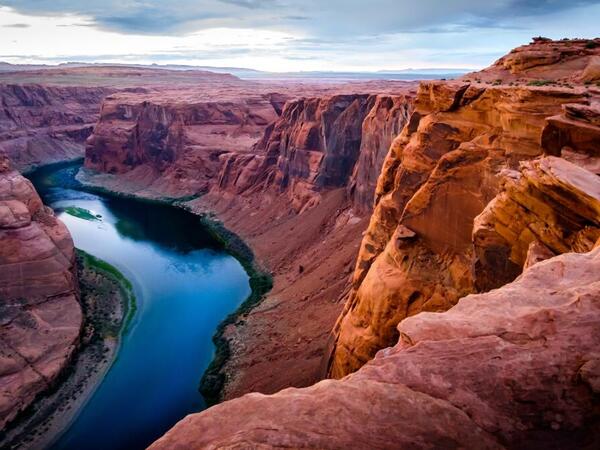
The fight over the Colorado River has become a political nightmare
“Being tough in the Colorado River negotiations is something that will resonate with Arizonans,” said Sarah Porter, director of the Kyl Center for Water Policy at Arizona State University. “People consistently rank water as one of their highest concerns in Arizona, in poll after poll.”
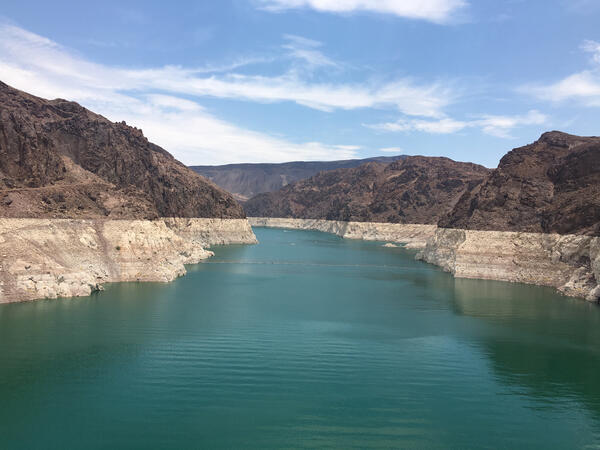
Water is for fighting: Colorado River group describes history of water disputes, looks for solutions
Water is like a set of assets in a bankruptcy hearing. In both scenarios — water and bankruptcy — there’s a limited pool of resources that must be divided among multiple people. The question in either situation: What method should be used to do so?
People want certainty and the resolution of conflict, said Rhett Larson, a water law professor at Arizona State University. “But certainty and peace have a price,” he added.

A slow-motion water crisis is unfolding around the world
Life on Earth depends on freshwater, which appears on land in many different forms. But Jay Famiglietti of Arizona State University says that as the climate warms, many of these freshwater sources are dwindling.

Amid Colorado River ‘impasse,’ tense meeting comes to Las Vegas
“We’re really at a hydrologic precipice,” said Sarah Porter, director of the Kyl Center for Water Policy at Arizona State University. “And we’re at this impasse with very little idea about what the future holds. The volume needs to be turned up.”

Colo. River water too cheap, report finds
The low water prices charged to Colorado River users represent “the legacy of the federal policy of trying to put every acre of land that could be under the plow” when the U.S. was trying to encourage settlement of the West, said Sarah Porter, director of Arizona State University’s Kyl Center for Water Policy.
The pricing structure is “a reasonable outgrowth of 20th century policy that needs to be reconsidered now,” said Porter.